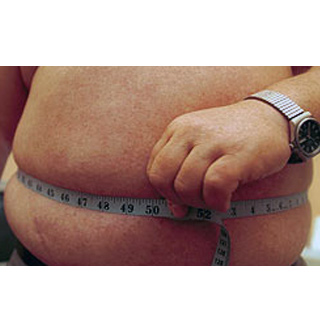
Inactivity has become a serious cause of concern as it leads to obesity and issues of over-weight. Thus obesity in cancer survivors has called for an urgent attention from doctors all over the world. It is suggested that only diagnosis and surgeries will not help cancer survivors if not followed up by proper diet and regular exercise regimens. Physical activities help fasten the recovery period and cut the risk of recurrence of the disease.
Dr. Kerry Courneya, professor and Canada Research Chair at the University of Alberta in Edmonton, and affiliated scientist with the Centre for Behavioural Research and Program Evaluation said, “These findings tell us that we need to look at ways to better support cancer survivors to become more active and to maintain a healthy body weight.”
Cancers of the colon, uterus (endometrium), kidney, esophagus, stomach, ovaries, pancreas, gall bladders, have long been linked with obesity by scientists. So it is suggested that cancer patients and cancer survivors establish healthy eating patterns and avoid high-calorie food.
Obesity is observed in people with abnormal body mass and high and unhealthy proportions of body fat. Obesity is caused by diet high in calories causing over-weight and a sedentary lifestyle. A sedentary lifestyle is one which does not include healthy physical activities like jogging, walking, swimming and cycling. Though heavy work-outs are not stressed on, moderate and simple exercises can really help patients maintain a healthy body mass.
“It’s a challenge for all of us to eat properly and exercise, and it may be especially challenging for cancer survivors who have been through difficult treatments and may have lingering health issues,” says Dr. Courneya. “But eating well and exercising are two of the best things we can do for our mental and physical health, even in trying times. Rest is rarely the best medicine for any health condition.”
Researchers note that a person is said to be physically active or has a healthy lifestyle when his/her daily routine includes at least an hour of activities like skating, cycling, jogging, swimming, walking and other such activities. One is said to be ‘moderately active’ when about 30 minutes are devoted to these activities and ‘inactive’ when less than 30 minutes are devoted to the same.
Although there haven’t been any clinical trials to test the effect of physical activities on cancer patients, researches have always supported the fact that there are positive effects of a healthy lifestyle. After all, a cancer diagnosis has a large impact on the family of the patient as well. Therefore, it is suggested that the complete family maintains a healthy and balanced lifestyle pattern thus helping the cancer patients recover faster.
So, to avoid the recurrence of the much dreaded cancer, stay fit and healthy.
